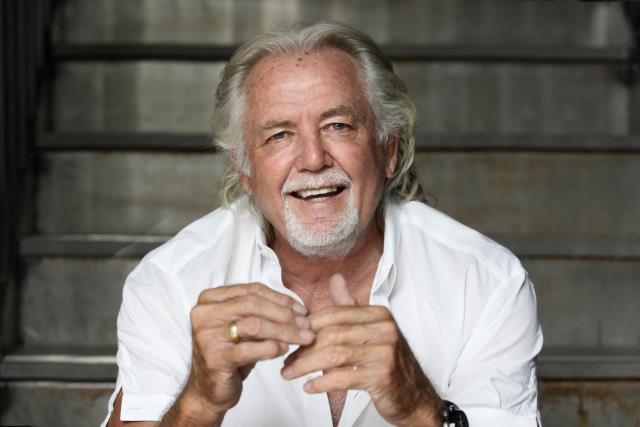
By Cam Lucadou-Wells
Developer John Woodman’s claim that his reputation was unreasonably damaged by IBAC has been dismissed by the Victorian Supreme Court.
Woodman had claimed for damages against the State Government and IBAC over being publicly examined for six days in late 2019 during the IBAC Operation Sandon inquiry.
IBAC had probed alleged corruption involving Casey councillors and property developers.
In the Supreme Court, Woodman alleged that IBAC knew or ought to have known that holding his examination in public would unreasonably damage his reputation, safety and wellbeing.
He argued the examination and media reporting of it caused economic and reputational harm.
In her summary dismissal of the claim, Justice Jacinta Forbes said it had “no real prospect of success”.
She ordered Woodman to pay IBAC and the Government’s legal costs.
“The chance of harm resulting from an examination in public (is) not only foreseeable, it is in some circumstances likely or even inevitable given IBAC’s function to identify, investigate and expose corrupt conduct,” Forbes noted.
Forbes noted that Woodman had legal representation and other judicial avenues available to “remedy any deficiency” in the examination process.
“Nor could it be said that IBAC assumes some responsibility to act in the interest of witnesses or perform some task for their benefit.”
Woodman earlier abandoned a ‘public law claim’ that IBAC’s decision to conduct his interrogation in public lacked procedural fairness.
Under the IBAC Act, the anti-corruption commission will ordinarily hold private examinations of witnesses.
It can only hold a public examination if there’s exceptional circumstances, it’s in the public interest and not causing “unreasonable damage to a person’s reputation, safety or wellbeing”.
Last year, Woodman had initially lost a Supreme Court injunction bid to halt IBAC’s report being transmitted to Parliament.
He’d also previously taken successful Supreme Court action to compel IBAC to provide additional documents for him to comment on its draft Sandon report.






